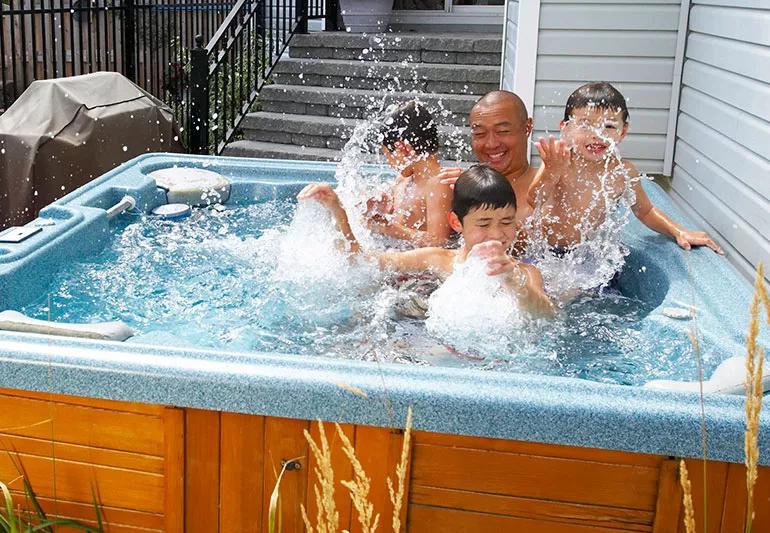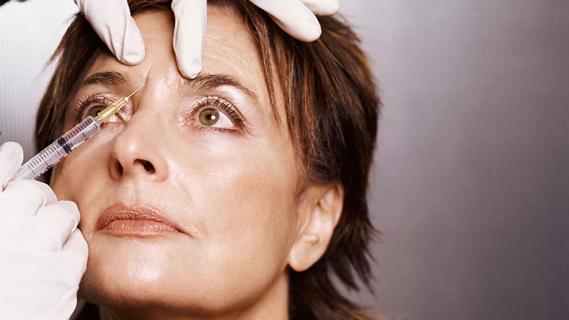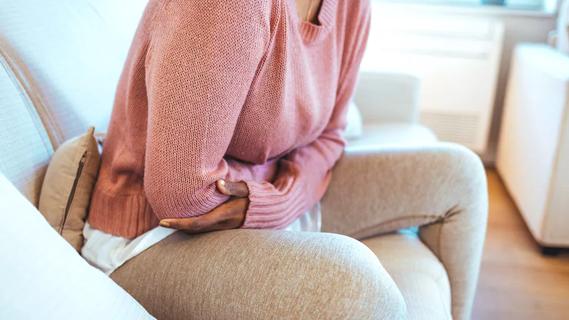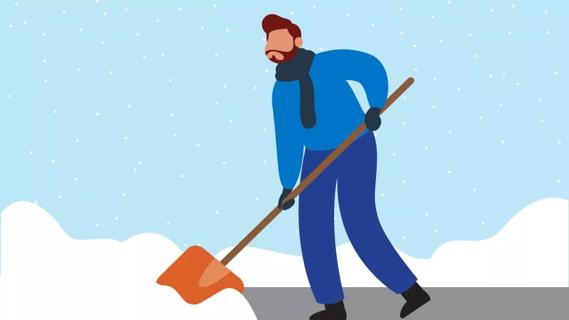Hot tubs aren’t safe if you’re pregnant, prone to seizures or have heart conditions

That steamy hot tub is calling your name after a long day. And those muscle aches you’ve got? They sure could use the tension relief. But are hot tubs safe for everyone? And are you sure you’re not immersing yourself in a tub of hot germs? Integrative medicine physician Irina Todorov, MD, explains how to use hot tubs with your health in mind.
Advertisement
Cleveland Clinic is a non-profit academic medical center. Advertising on our site helps support our mission. We do not endorse non-Cleveland Clinic products or services. Policy
Immersing yourself in hot water feels good because it relaxes muscle tension and relieves joint pain.
“Soaking in a hot tub may even boost your mental health,” says Dr. Todorov.
But that doesn’t mean everyone should take a dip.
“Hot tubbing can have risks, depending on your health,” cautions Dr. Todorov. “Even if you don’t have health issues, you can get sick from a dirty hot tub. And the water needs to be a safe temperature so you don’t get burned or overheated.”
Ask your healthcare provider before using a hot tub if you deal with any of the following:
Hot tubs feel good because they raise your body temperature slightly. But if you have cardiovascular disease, this rise in temperature could stress your heart.
“As your body heats up, your blood pressure drops,” explains Dr. Todorov. “Your heart responds by beating faster, like what you might experience with exercise. If your provider has told you to avoid strenuous activity, skip the hot tub, too.”
Pregnancy can do a number on your back, but don’t look for relief in a hot tub.
“Using a hot tub during pregnancy may harm a developing fetus,” warns Dr. Todorov. “Avoid hot tubs or saunas when you’re pregnant, especially during the first trimester.”
Advertisement
If you decide to soak in your second or third trimester, consider using your home bathtub instead.
“With your own tub, you can make sure it’s not too hot,” she adds. “And you won’t be exposed to chemicals that can irritate sensitive skin during pregnancy.”
Having a seizure in a hot tub can lead to drowning if you don’t have someone nearby who can help.
“If you have epilepsy or a seizure disorder, only use a hot tub with a trusted partner,” Dr. Todorov advises. “Your partner should know what to do if you have a seizure and be able to pull you out of the hot tub.”
If a person has a seizure in a hot tub:
Drinking alcohol or smoking marijuana or using other mind-altering substances can decrease your awareness, which isn’t safe when you’re hot tubbing.
“If you’re intoxicated, you might not realize that you’re overheating,” notes Dr. Todorov. “These substances may also make you more likely to fall asleep in the hot tub. Only use a hot tub if you’re fully awake and aware so you can get out when you need to.”
Falling asleep in a hot tub sounds relaxing, but it’s dangerous.
“People assume only children drown in hot tubs, but this isn’t the case,” Dr. Todorov states. “Adults drown in hot tubs, too, and it often happens when they fall asleep in the water. Taking medications that make you tired greatly increases this risk. If your medication says ‘may cause drowsiness’ on the label, don’t get in the hot tub after taking it.”
Hot tubs and swimming pools can also make you sick if they’re not clean and treated with the right germ-killing chemicals. But even a clean, treated hot tub can be a germ hot spot.
“Properly balanced chlorine kills a lot of germs, but it can’t kill everything,” says Dr. Todorov.
Germs that can lurk in hot tubs include:
Advertisement
You don’t have to let germs keep you away from hot tubbing. You can minimize your risk of getting sick — and making others sick — if you:
Cap your hot tub time at 15 minutes — or shorter if you start to feel woozy or dehydrated. If you soak for longer than this, you risk overheating or experiencing a dangerous drop in your blood pressure. And if you’re soothing a muscle injury, hot tubbing too long can increase inflammation and make the injury worse.
If you’re in good health and not pregnant, you don’t have to abstain from hot tubbing. You can maximize your safety if you keep the temperature below 104 degrees Fahrenheit (40 degrees Celsius) and listen to your body. Get out if you feel nauseated or dizzy or get a headache.
Advertisement
“Hot tubbing feels great, which is why so many people enjoy it,” says Dr. Todorov. “Taking a few precautions and checking for cleanliness will help you safely enjoy a nice soak.”
Advertisement
Learn more about our editorial process.
Advertisement

Bleeding is a risk and warrants taking care, but the reward of this lifesaving medication is great

Severe and debilitating headaches can affect the quality of your child’s life

With repeat injections over time, you may be able to slow the development of new wrinkles

Although it can be alarming, it’s normal to experience blood clots during menstruation

Stretch before heading outside, keep proper form and avoid jerking or twisting to throw snow

Type 2 diabetes isn’t inevitable with these dietary changes

Applying a hot or cold compress can help with pain